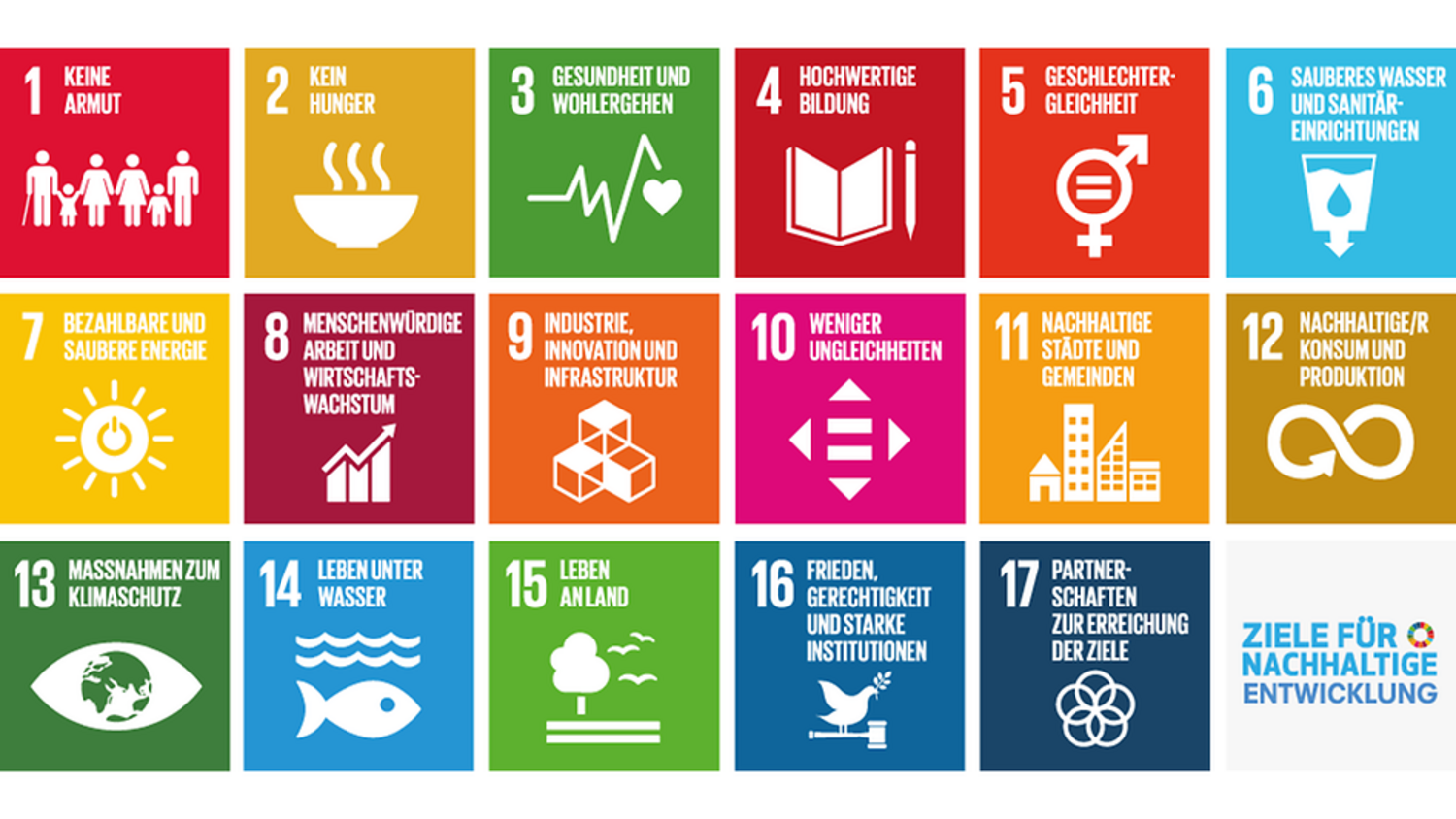

Accredited degree program
Business Administration
Bachelor
The degree programme offers a classic practical and application-oriented basic education in business administration with the option of specialising in two competence modules from the fields of controlling, financial management, marketing and sales management, organisational concepts/human resources management, taxation, business informatics, operations & supply chain management, external accounting and auditing as well as sustainability management.
A special offer is the Franco-German study programme with the possibility of a double degree at the partner university IUT Robert Schuman.
| Start | Winter semester |
|---|---|
| Admission Criteria | Unrestricted admission |
| Application period | 15.04.2025 - 15.08.2025 |
| Study format | Full time, with in-depth practical experience |
| Study cost | None (only semester fee) |
| Normal duration | 7 Semester |
| Language | German |
| ECTS | 210 |
| Accredited degree program | |
 | |
Sustainability management
Sustainability means satisfying the needs of the present in such a way that the opportunities of future generations are not restricted. The sustainability management competence module helps to distinguish which measures actually help to make our world sustainable and which only make us feel good but do not improve anything. It imparts knowledge and practice-orientated skills in the field of sustainability.
Sustainability Management I
The competence module Sustainability Management I looks at the promotion of the economic view of sustainability and its application in real political and economic contexts. The module begins with an introduction to the theoretical foundations of environmental economics and sustainability, with key concepts such as externalities, the basic model of environmental economics and the economic mechanisms for internalizing environmental costs. The game theory perspective is used to analyze the challenges of global coordination. One focus of the module is on the analysis and evaluation of current political measures to promote sustainability. A practice-oriented component of the module is a simulation game on climate negotiations. Here, students take on the roles of international negotiating parties and simulate real-life negotiation situations to solve global environmental problems.
Sustainability Management II
The competence module Sustainability Management II promotes an understanding of the 17 SDGs (Sustainable Development Goals) and their implementation in real contexts. The module is divided into a theoretical and a practical phase. In the theoretical phase, basic knowledge of the SDGs is taught. In the practical phase, students are allowed to apply what they have learned in a real context by making their own contribution to achieving the SDGs as part of a voluntary activity with a non-profit organisation.


